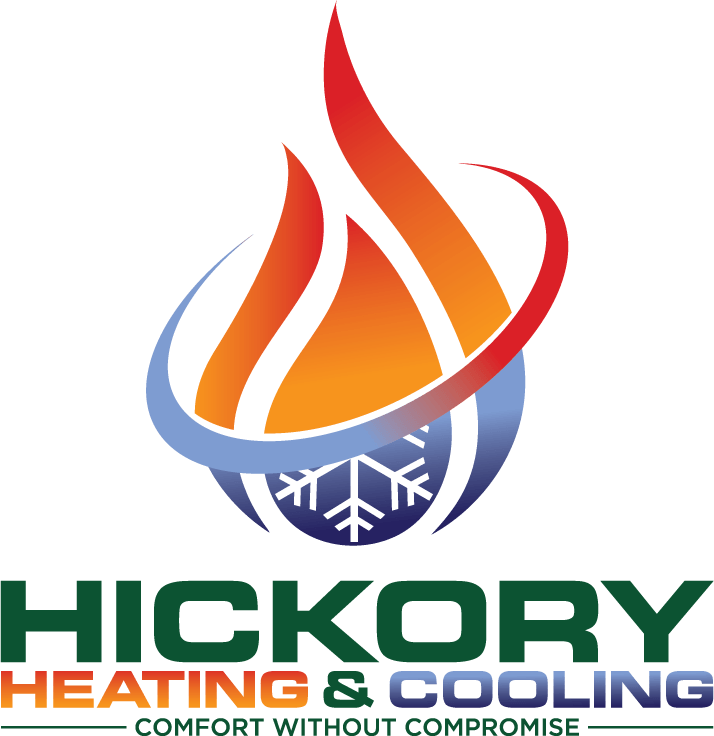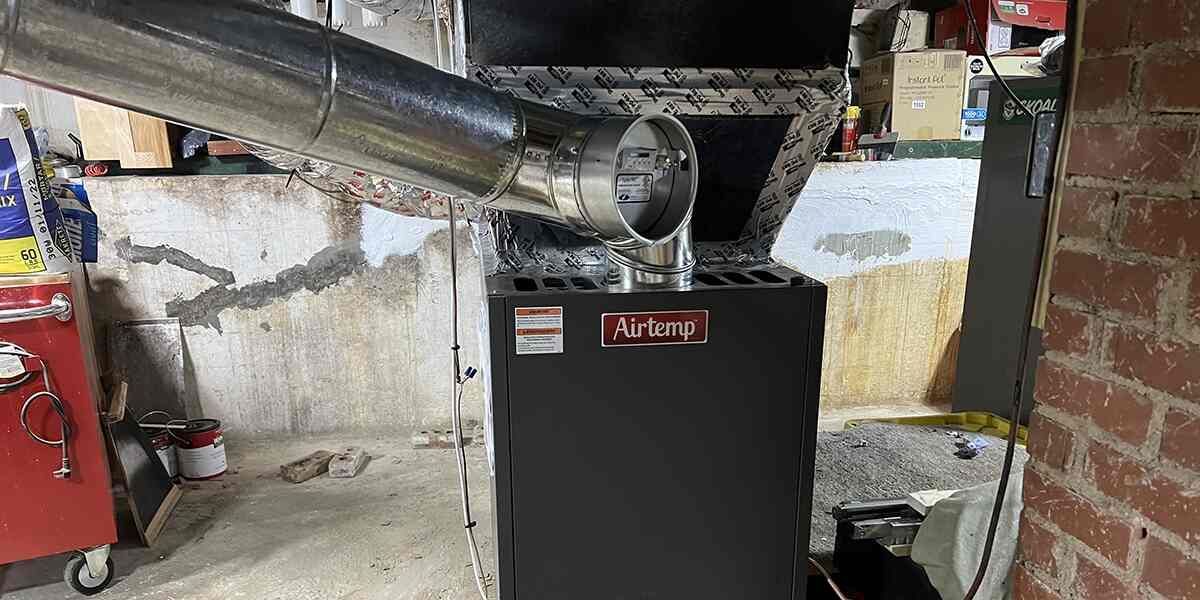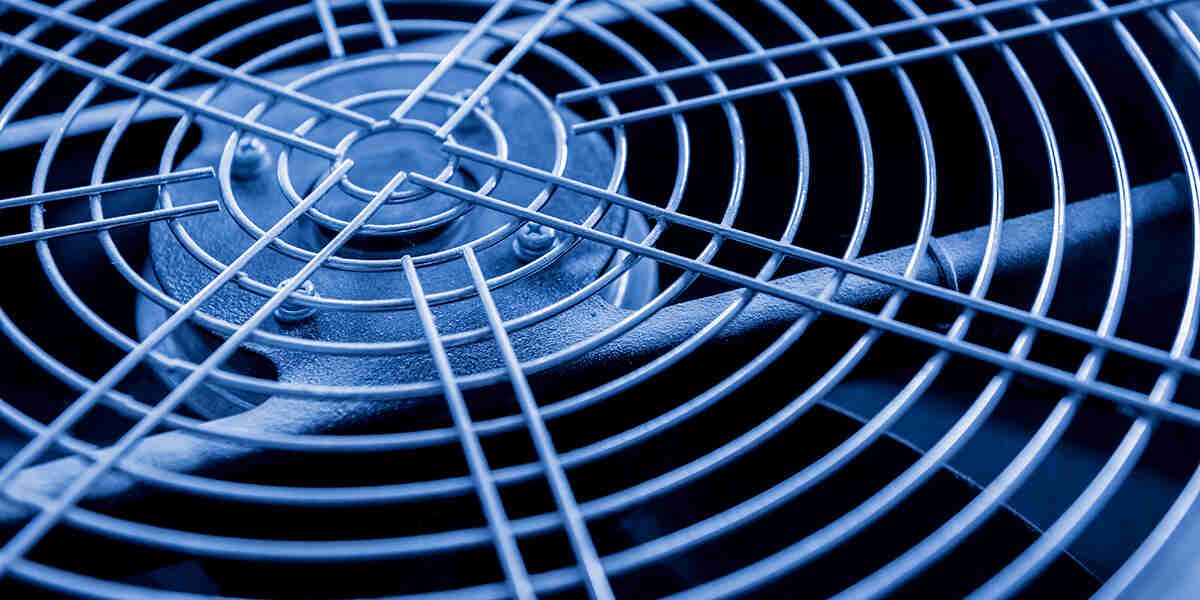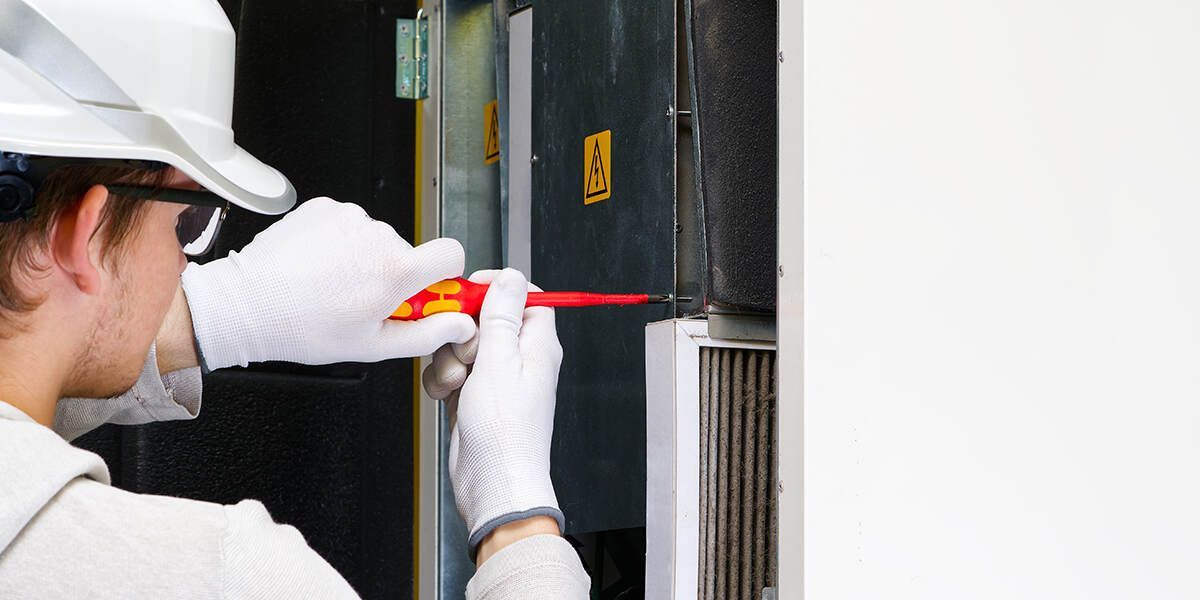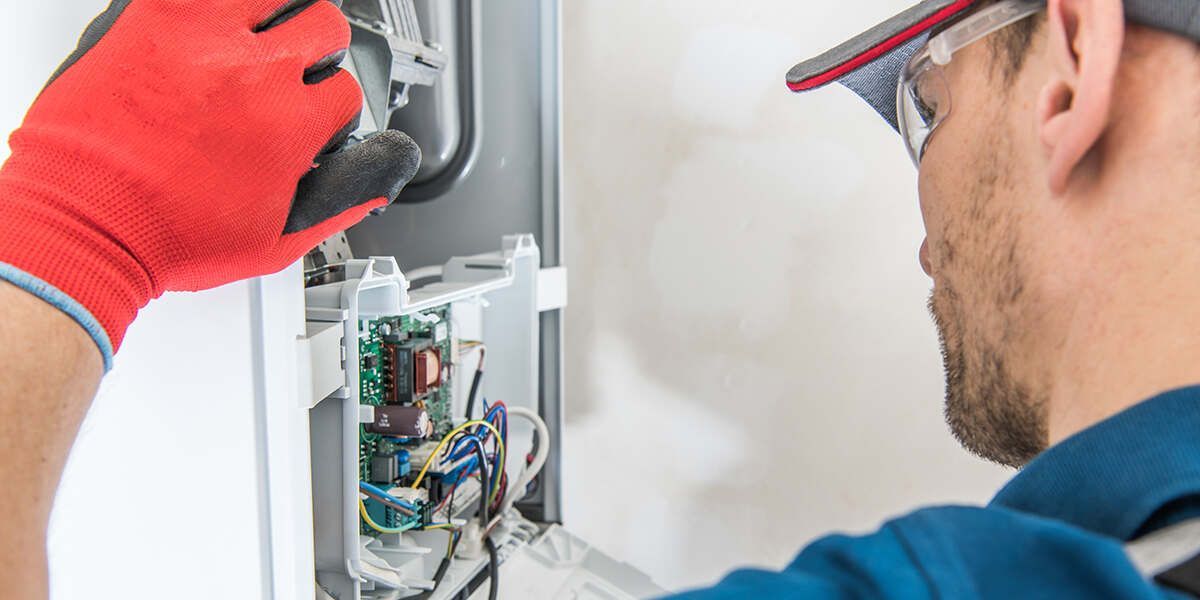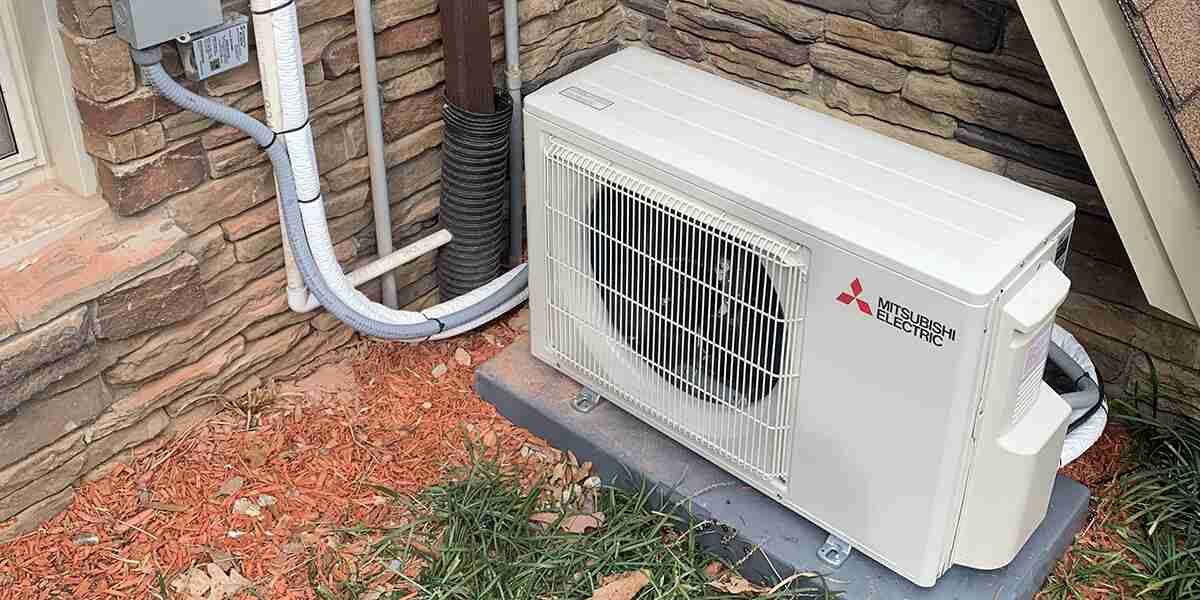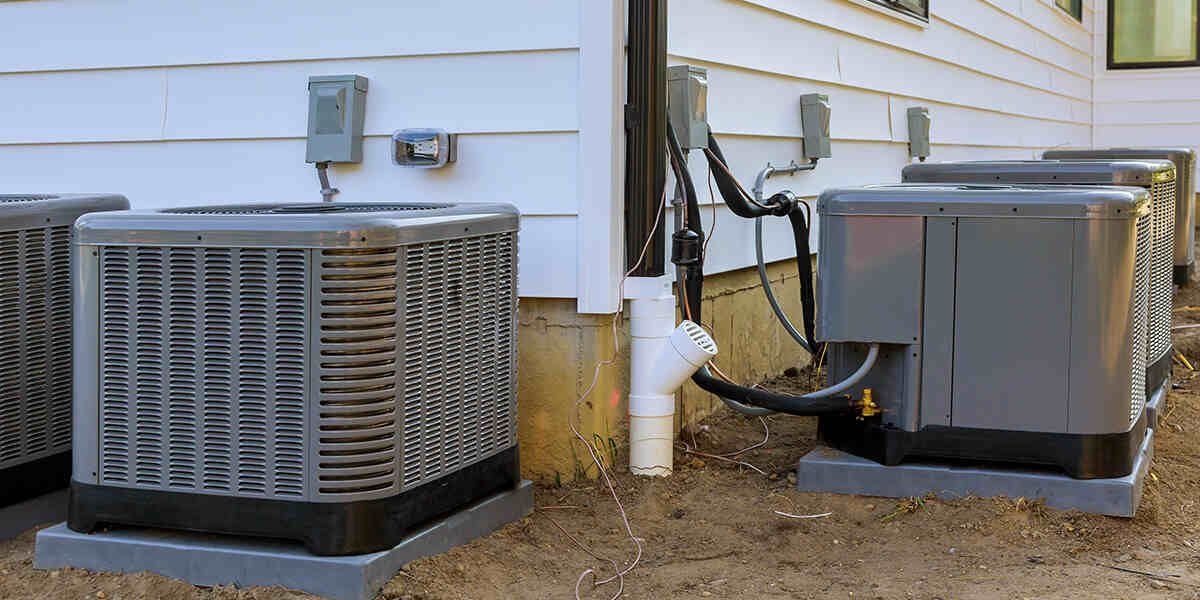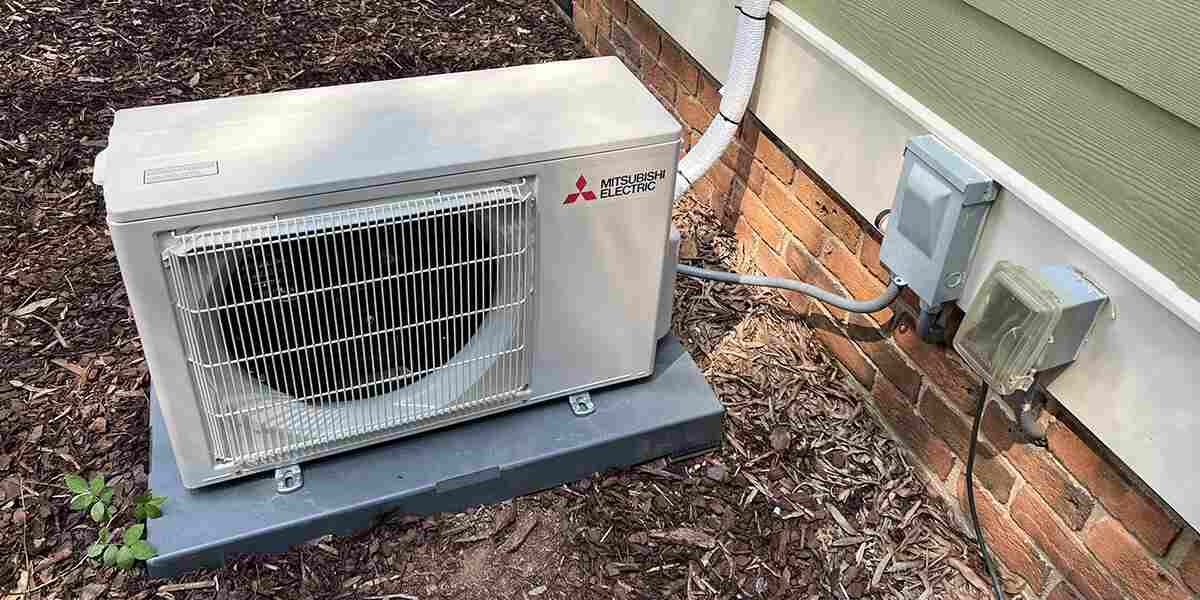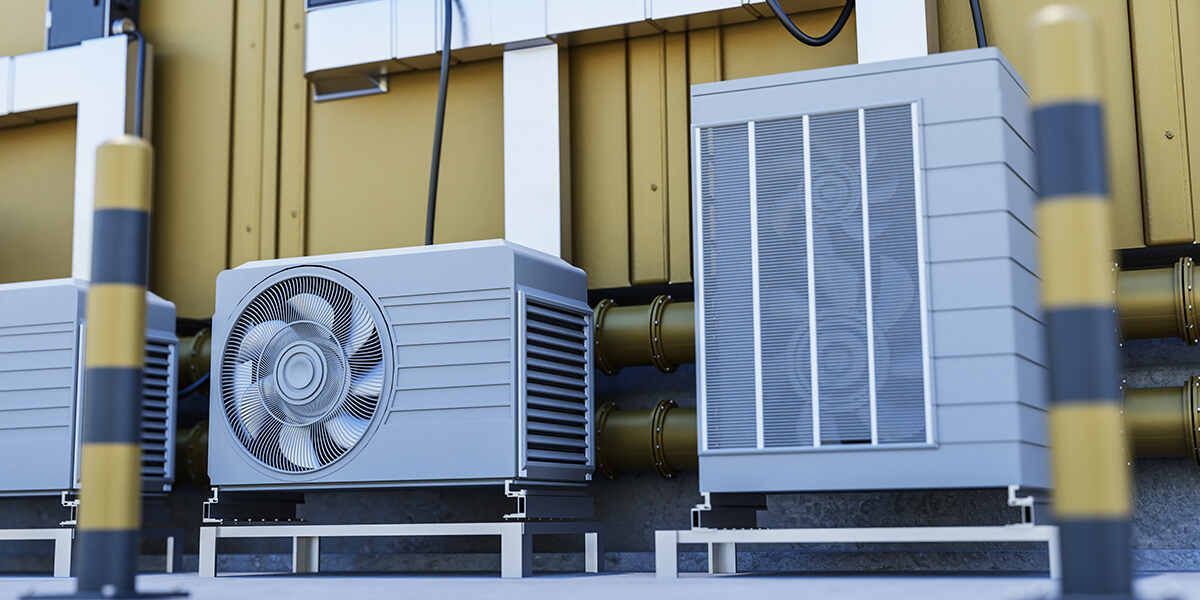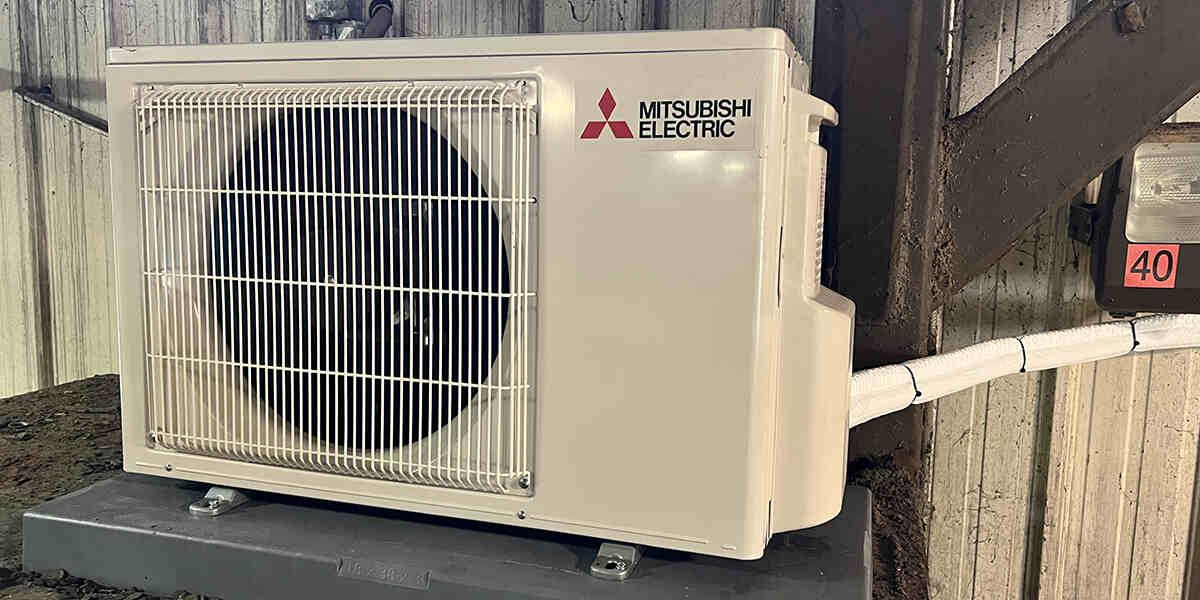Do Gas Furnaces Have Filters?
Have you ever wondered, "Do gas furnaces have filters?" It's a question many homeowners ask, particularly when they face heating issues during the colder months.
Yes, gas furnaces do have filters, and understanding their role is crucial for maintaining a healthy, efficient home heating system. In this guide, Hickory Heating & Cooling LLC will delve into the importance of furnace filters and how they impact your HVAC system. If you're searching for "gas furnace repair near me," understanding these components is a great place to start.
The Role of Furnace Filters in Gas Furnaces
A gas furnace filter is a key player in maintaining your home's air quality and the efficiency of your HVAC system. These filters trap dust, allergens, and other airborne particles, preventing them from circulating through your home.
They also protect the gas furnace's internal mechanisms from accumulating debris, which can lead to inefficiencies or even damage.
Why Filter Maintenance Is Essential
Regular filter maintenance is not just recommended; it's essential for several reasons:
- Air Quality: A clean filter ensures better air quality by trapping harmful particles.
- System Protection: Filters safeguard the furnace's blower fan from dust and debris.
- Efficiency: Clean filters help the furnace operate more efficiently, saving you money on energy bills.
- Extended Furnace Lifespan: Regularly changing your furnace filter can significantly extend the lifespan of your HVAC system.
- Health Benefits: For those with allergies or respiratory issues, a well-maintained furnace filter effectively removes allergens like pollen, pet dander, and dust mites from the air, contributing to a healthier living environment.
- Odor Reduction: Filters can capture particles that contribute to stale or unpleasant smells, such as cooking odors, pet smells, or tobacco smoke.
Consequences of Neglecting Furnace Filters
Ignoring your furnace filter is a mistake that can have far-reaching consequences for both your HVAC system and your home's overall comfort. Neglecting filter maintenance not only impacts the system's performance but can also lead to health hazards and increased repair costs.
Here are some of the key problems that can arise from overlooking your furnace filter:
- Reduced Airflow: A clogged filter restricts airflow, straining your furnace and reducing heating efficiency.
- Mold Growth: A dirty filter can become a breeding ground for mold, especially if it becomes damp.
- System Damage: A dirty filter allows dust and debris to enter the furnace, potentially damaging sensitive components like the blower motor and heat exchanger.
How Often Should You Change Your Furnace Filter?
The frequency at which you should change your furnace filter varies based on several specific factors in your home. Understanding these factors can help you determine a more precise schedule for filter maintenance:
- Type of Filter: Fiberglass filters typically need replacing more often than pleated or HEPA filters. High-efficiency filters, while more effective at trapping particles, may also require more frequent changes due to faster accumulation of debris.
- Home's Air Quality: Homes in areas with higher levels of dust, pollen, or pollution may need to change their filters more frequently to maintain optimal air quality.
- Presence of Pets: Pet dander, fur, and outside dirt that pets track in can clog filters more quickly.
- Household Size and Activity: Larger families or homes with high foot traffic tend to circulate more dust and debris, necessitating more frequent filter changes.
- Allergies or Respiratory Conditions: If someone in your home suffers from allergies or respiratory conditions, it's advisable to change the filter more frequently.
- Type of Heating System: The kind of furnace or HVAC system you have can also influence how often you need to change the filter.
Choosing the Right Filter for Your Gas Furnace
Answering the question, "Do gas furnaces have filters?" is one thing. Both gas and electric furnaces have furnace filters, so you also need to find the right type of filter for your furnace.
Selecting the appropriate filter for your gas furnace is crucial. Consider factors like filter size, type (fiberglass, pleated, HEPA), and minimum efficiency reporting value rating, which indicates the filter's ability to capture larger particles.
Hickory Heating & Cooling LLC's Guide to Furnace Filters
Do gas furnaces have filters? Yes, and their maintenance is key to ensuring your home's comfort and safety. Regularly changing your furnace filter can improve air quality, prevent mold growth, and protect your HVAC system from unnecessary wear and tear.
At Hickory Heating & Cooling LLC, we understand the importance of a well-maintained heating system. If you're considering running your furnace fan continuously or need any other furnace-related services, don't hesitate to reach out to us at
828-827-5224. We're here to ensure your gas furnace runs efficiently and effectively, providing warmth and comfort to your home.
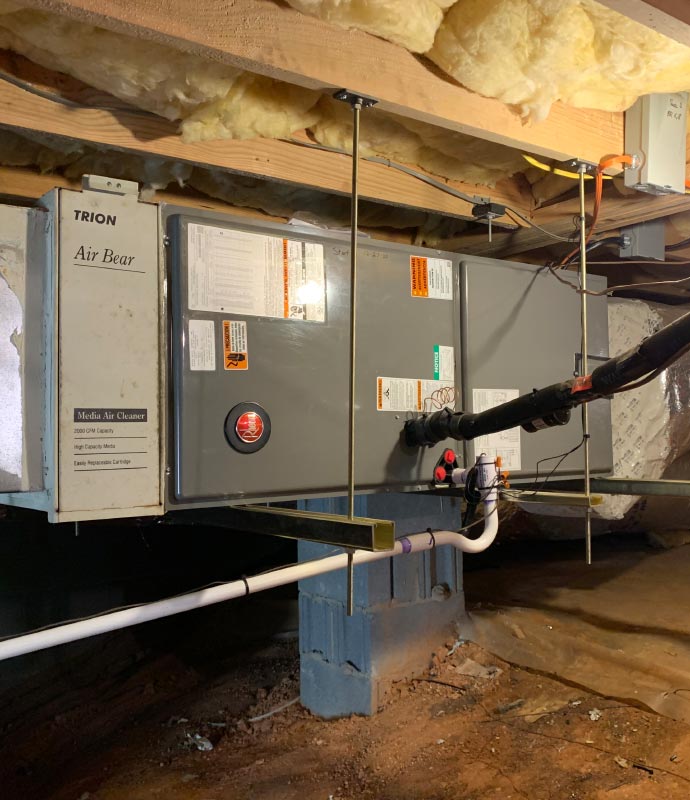
Contact Information
Address: 1529 16th St NE Hickory NC 28601
Phone: (828) 679-1067
Business Hours:
Mon - Fri: 08:00 AM to 05:00 PM
Sat-Sun: Closed
Emergency After Hours Service Available
All Rights Reserved | Hickory Heating and Cooling LLC
